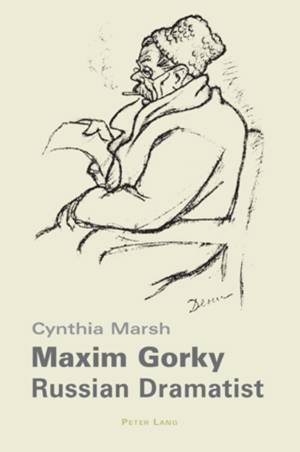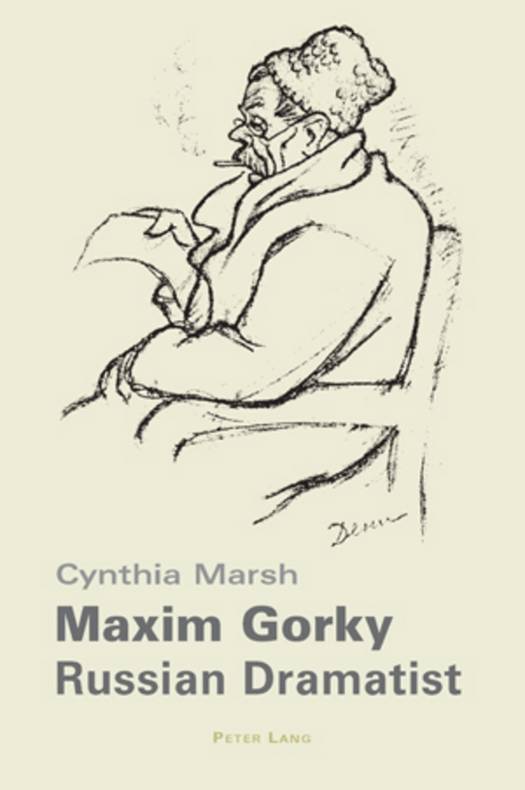
- Afhalen na 1 uur in een winkel met voorraad
- Gratis thuislevering in België vanaf € 30
- Ruim aanbod met 7 miljoen producten
- Afhalen na 1 uur in een winkel met voorraad
- Gratis thuislevering in België vanaf € 30
- Ruim aanbod met 7 miljoen producten
Zoeken
Omschrijving
Maxim Gorky was dubbed the father of socialist realism in the Soviet period, but he had forged his career as an internationally known novelist and dramatist some three or more decades earlier. Posing questions that Soviet critics found difficult to confront, the author examines the effects of exile and religion on the content and form of the plays as well as the role played by women, and the personal and political implications of motherhood. All sixteen of Gorky's published plays are covered, and the book explores whether this body of work has themes and styles to unify it. While conflict is central to the core political themes and also infiltrates many aspects of the dramatic style (cartoonish and grotesque), other less expected themes and styles emerge. Viewing the post-revolutionary plays as a development of earlier work leads to a question rarely posed: are the plays written by Gorky in the process of defining the new Party-inspired socialist realism in fact less about socialist realist issues of conformity, and more about Gorky's own painful life experience? And what is equally under the microscope is a search for the monumental style frequently associated with socialist realist theatre: the proposed origins of the spatial grandeur in Gorky's plays come as a surprise.
Specificaties
Betrokkenen
- Auteur(s):
- Uitgeverij:
Inhoud
- Aantal bladzijden:
- 384
- Taal:
- Engels
Eigenschappen
- Productcode (EAN):
- 9783039103058
- Verschijningsdatum:
- 7/06/2006
- Uitvoering:
- Paperback
- Formaat:
- Trade paperback (VS)
- Afmetingen:
- 152 mm x 229 mm
- Gewicht:
- 512 g

Alleen bij Standaard Boekhandel
+ 222 punten op je klantenkaart van Standaard Boekhandel
Beoordelingen
We publiceren alleen reviews die voldoen aan de voorwaarden voor reviews. Bekijk onze voorwaarden voor reviews.











